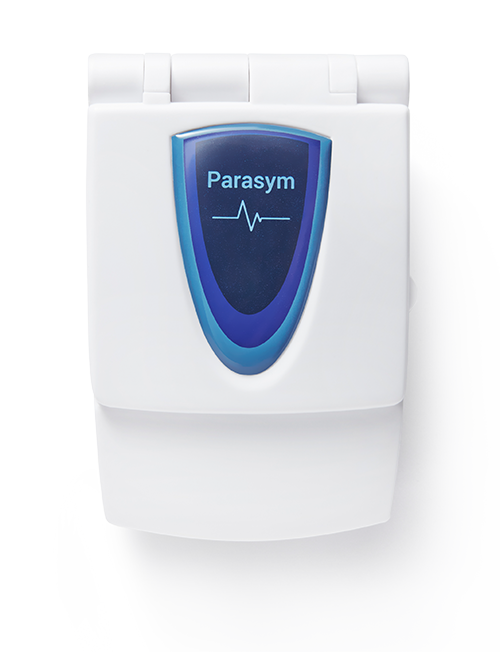The Latin word vagus means “wandering”. The vagus is the longest nerve in the autonomic nervous system in the body. It is a parasympathetic nerve, i.e. it counters the fight or flight response. It innervates the heart, lung and stomach among other things.

Just like the famous Nordic wanderer, Odin, the vagus nerve has been attributed with a lot of mystical powers.

People have been trying to modulate the vagus nerve for centuries.
Traditional accupressure maps of the ear highlight the understanding the ancients had regarding the vagal innervation of the ear.

Corning was one of the Western pioneers of vagus nerve stimulation and invented a device for simultaneous bilateral compression of the carotid arteries and trans-cutaneous electrical stimulation of the cervical vagus nerves.

Experimental physiology has an excellent review article on the vagus nerve.
The strongest data on the importance of the vagus nerve and health is the heart rate variability data.
One of my mentors, Dr. Sunny Po has been working on vagal nerve stimulation via the tragus of the ear to reduce paroxsysmal atrial fibrillation. Today at Heart Rhythm 2019, they presented the TREAT-AF study which showed that median AF burden was reduced by 75% in the stimulation group compared with the sham group. Not quite ready for clinical use, but the data is interesting.


What can you do today to modify your autonomic tone? While the following interventions have not been rigorously tested, there is some data with regards to atrial fibrillation:
- Exercise daily. HIIT (High intensity interval training) can reduce arrhythmias. Walking daily also helps.
- Meditation and breathing exercises according to ancient Indian traditions may modulate autonomic tone as well.
- Massage.
- Get good sleep.
- Accupuncture of the ear and the Neiguan spot has been shown to reduce atrial fibrillation.
